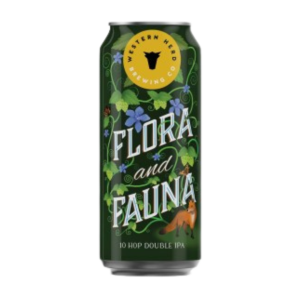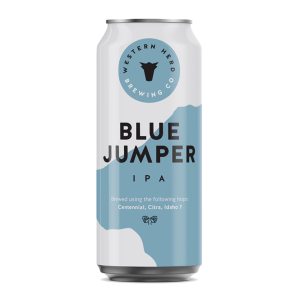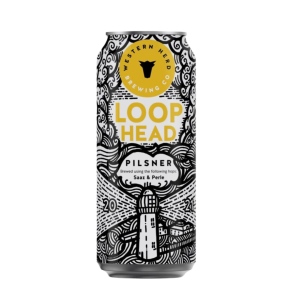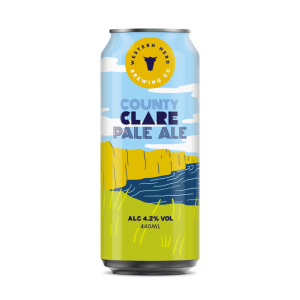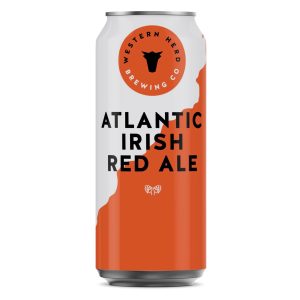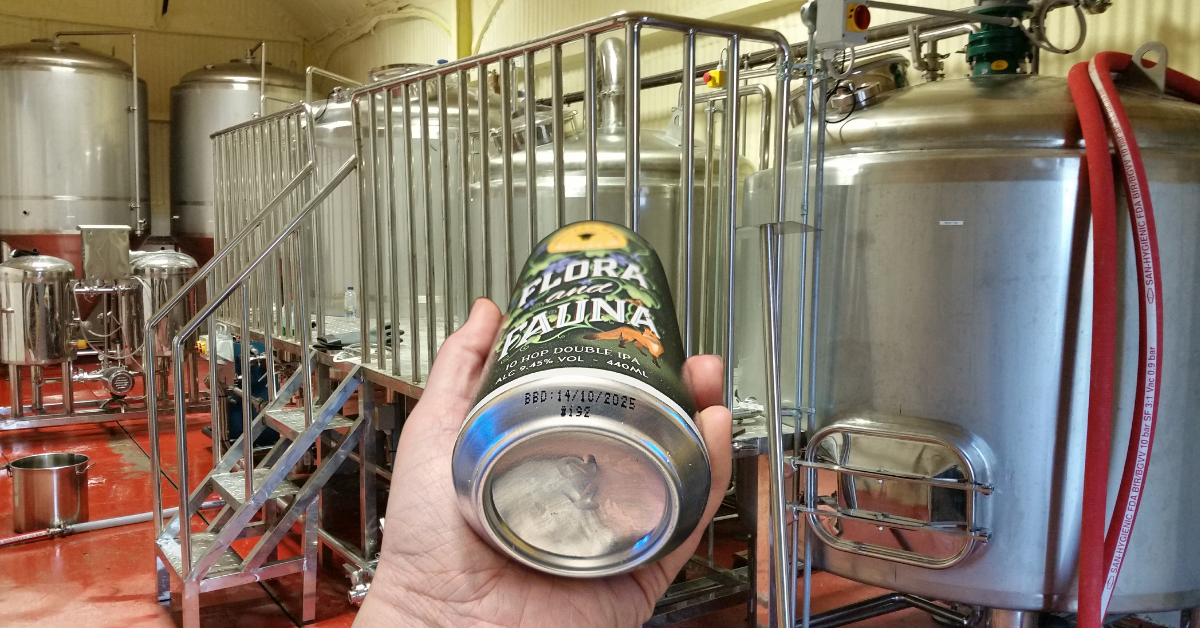
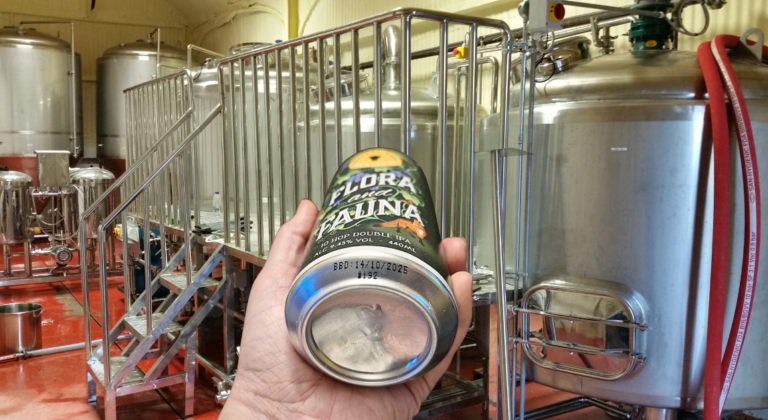
Does Beer Really Go Off? Here’s What You Need to Know.
If you’ve ever found an old can of beer lurking in the back of your fridge, you may wonder: is it safe to drink? The answer is almost always yes — beer doesn’t go “off” in a harmful way like milk does. However, how it tastes after its best-before date depends on the beer’s style and how it’s been stored.
We are strong advocates for freshness in our hop-forward beers, like IPAs that rely on fresh, punchy hop flavours to deliver their trademark bitterness, citrus, and floral notes. Over time, these hop characteristics can fade, leaving behind a much duller profile. On the flip side, malt-forward beers—think stouts or amber ales—tend to age better, as their rich, roasted malt profiles aren’t as sensitive to the aging process.
Drinking old beer isn’t likely to cause you any health issues, but it might disappoint on taste. While the beer won’t “go bad” per se, long-stored cans can develop off-flavours, tasting stale or oxidised. That said, certain styles benefit from time—barrel-aged beers, for instance, gain complexity and depth as they age, taking on rich, layered flavours from the barrels they’re aged in.
Packaging plays a big role in preserving quality, with cans generally keeping beer fresher than bottles. Cans block all light, preventing the “skunky” flavours caused by UV exposure, and provide a tighter seal against oxygen, which can make beer taste stale over time.
So, while out of date beer won’t kill you, its character can change—sometimes for the better, sometimes not. You’ll enjoy the best taste by drinking hop-forward styles sooner and choosing cans for longer freshness. If you are not sure, crack open the can and if it tastes ok, go for it.
Slainte!
Best selling products
-
Flora and Fauna DIPA
Original price was: €5.65.€5.09Current price is: €5.09. -
BLUE JUMPER IPA
Original price was: €4.35.€3.92Current price is: €3.92. -
Loop Head Pilsner
Original price was: €3.60.€3.24Current price is: €3.24. -
COUNTY CLARE PALE ALE
Original price was: €3.60.€3.24Current price is: €3.24. -
ATLANTIC Irish Red Ale
Original price was: €3.60.€3.24Current price is: €3.24.


